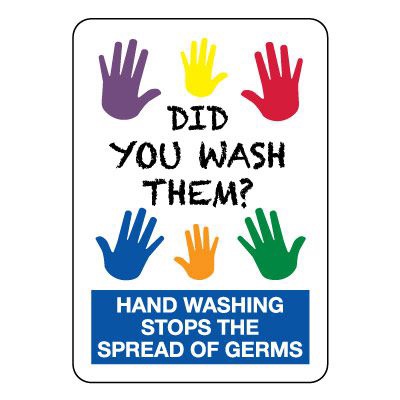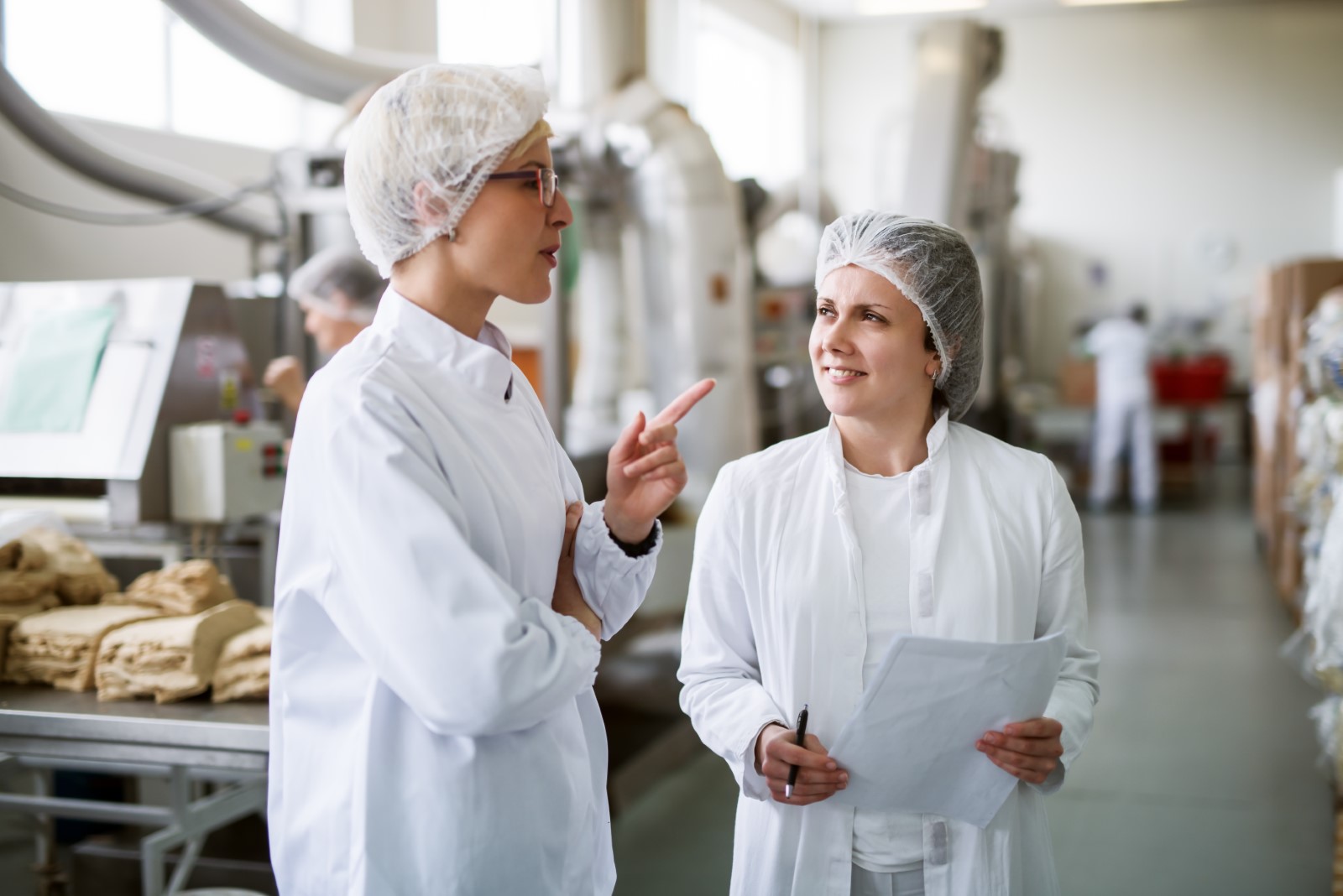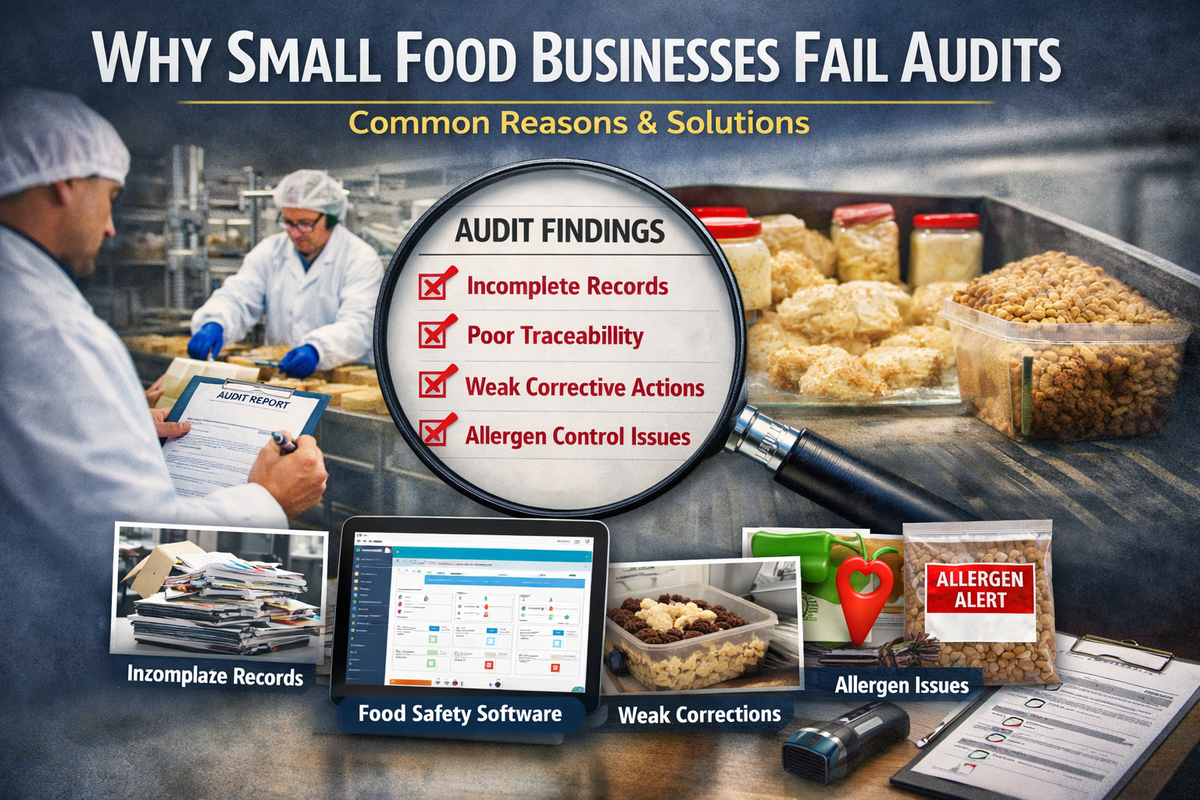Cross contamination of food can happen anywhere in the food chain, from harvest to processing to storage and even during transportation. It is essential that food handlers adopt and maintain good personal hygiene habits throughout the duration of their work day to prevent cross contamination. Some of the key personal hygiene practices that food handlers should adopt are as follows:
Washing hands thoroughly and regularly, using gloves when handling food, wearing appropriate hairnets, avoiding contact with ill persons, and not smoking while handling food.
Washing Hands Thoroughly And Regularly

One of the most important personal hygiene practices that food handlers can adopt is washing their hands thoroughly and regularly. Hands should be washed:
• Before starting work
• After taking a break
• After handling raw meat, poultry or fish products
• After handling any garbage or dirty equipment
• After coughing, sneezing or using the toilette
To wash hands effectively, use running water and soap. Rub hands together for at least 20 seconds, making sure to clean all surfaces including palms, back of hands, between fingers and under nails. Rinse hands thoroughly under running water. Dry hands with a clean towel or single-use paper towel. If there is no running water available, alcohol-based hand sanitizer can be used.
Use Gloves When Handling Foods

Another effective way to prevent cross contamination is to use gloves when handling foods. Gloves should be made of impermeable material such as nitrile. They should fit snugly on the hand and be changed regularly – at least after every 4 hours of use or whenever they become damaged or soiled. It is also important to avoid contact between glove material and ready-to-eat foods. If contact does occur, the affected area of food should be discarded immediately.
Wearing Appropriate Hairnets

Hairnets are designed to keep hair away from food products and are required in many foodservice establishments. They come in a variety of styles including bouffant (full coverage), skullcap (minimal coverage) or beard nets (for facial hair). Whichever type of hairnet is worn, it must be made from an impermeable material such as nylon mesh and it must fit snugly around the head without gaps. Hairnets should be changed regularly – at least after every 4 hours of use or whenever they become damaged or soiled .
Avoiding Contact With Ill Persons

Food handlers who are ill with diarrhea, vomiting, jaundice or fever should not report to work until they have fully recovered from their illness as they may contaminate food products. If a food handler becomes ill while at work , they should notify their supervisor immediately and follow their establishment’s procedures for reporting illnesses .
Not Smoking While Handling Foods

Smoking tobacco products while handling foods can contaminate them with harmful chemicals . These chemicals can transfer from the tobacco product to the food product , contaminating it . For this reason , smoking is not permitted in areas where foods are being prepared , served or stored .
Following these personal hygiene rules will help you prevent cross contamination of food and ensure that the food you serve is safe for consumption. Remember to wash your hands thoroughly and regularly , use gloves when handling food , wear appropriate hairnets , avoid contact with ill persons , and do not smoke while handling foods . By following these simple rules , you can help keep our food supply safe !







